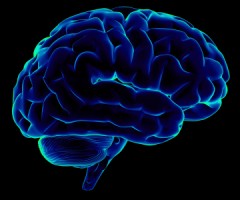Psychoeducadtional evaluation provides information about your child/teen’s intelligence, achievement abilities, personality, cognitive processing, and social and emotional development.
A Psychoeducational evaluation is defined as a set of assessment procedures administered and interpreted to obtain information about an individual’s intellectual or cognitive abilities, educational achievement levels, and social-emotional functioning. Different assessment procedures, or combination of procedures, are used depending upon the referral questions, presenting problems, and prior testing history, with careful consideration of cultural differences and possible impairments in speech/language, hearing, vision, and motor development.
The purpose of our evaluation is to gain a comprehensive understanding of the way your child/adolescent learns. This information is used to determine the causes and most likely solutions for academic difficulties and emotional difficulties. Testing can reveal the presence of a disorder or condition that might be affecting a youth’s performance in the classroom or at home. Examples include dyslexia, auditory processing problems, disorder of written expression, non verbal learning disorders, expressive language disorders, receptive language disorders, and Attention Deficit Hyperactivity Disorder. The results of the evaluation are used to create a specific treatment program in order to help the individual remediate areas of relative weakness and compensate for these areas of weakness by developing strategic use of strengths. These evaluations can also identify students who are eligible for special services like gifted and talented programs, classroom accommodations, and early intervention services.






